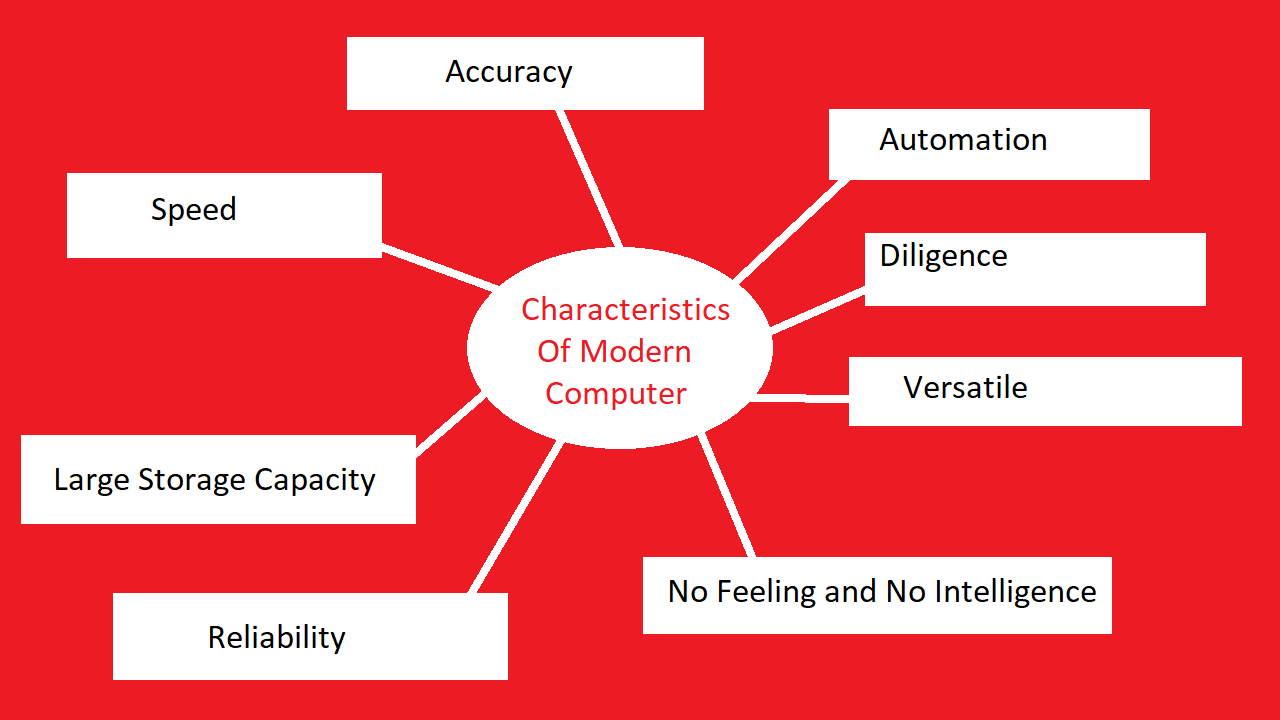Is Data Analyst a Good Career? Pros, Cons & Salary Insights
Hey there! If you're wondering whether becoming a data analyst is a smart career move, you're in the right place. With businesses relying more and more on data-driven decisions, the demand for skilled data analysts is skyrocketing. But is this path the right fit for you? Let’s dive into what makes data analysis a great (or not-so-great) career choice.
Why Data Analytics is a Hot Career Right Now
- High Demand and Job Opportunities: Companies across industries—tech, healthcare, finance, retail, and even sports—need data analysts to interpret complex datasets and provide insights that drive business decisions. More demand means more job openings and better job security.
- Great Earning Potential: Entry-level data analysts can start with salaries ranging from $60,000 to $80,000 per year, and experienced professionals can earn six figures. Plus, if you upskill in machine learning or big data, your earning potential skyrockets.
- Diverse Career Paths: A data analyst role can be a stepping stone to other high-paying careers like data scientist, business intelligence analyst, or even a managerial position. You’re not stuck in one role forever—there’s room to grow!
- Remote and Flexible Work Options: Many data analysts work remotely or have flexible schedules, making it an attractive option for those who want work-life balance.
- You Get to Solve Real-World Problems: Whether it's helping a company optimize its marketing strategy, improving healthcare outcomes, or predicting customer behavior, data analysts play a crucial role in solving real-world challenges.
Is Data Analytics Right for You? Key Skills and Requirements
- Do you enjoy working with numbers and patterns? Data analysis involves a lot of number crunching, so a love for math and statistics will help.
- Are you comfortable with coding? While not mandatory, knowing SQL, Python, or R can give you a competitive edge.
- Do you have strong problem-solving skills? Your job will be to analyze data, find trends, and provide actionable insights.
- Can you communicate complex findings clearly? Data is useless if you can’t explain it. Strong storytelling and visualization skills (using tools like Excel, Tableau, or Power BI) are a plus.
Challenges to Keep in Mind Before Becoming a Data Analyst
- Learning Curve: Mastering data tools and techniques takes time and effort.
- Repetitive Tasks: Not every day will be exciting; some tasks can be routine.
- Keeping Up with Trends: The tech landscape changes fast, so continuous learning is essential.
Final Verdict: Is Data Analytics a Good Career Choice?
Absolutely—if you enjoy working with data, love solving problems, and don’t mind continuous learning. The job market is booming, salaries are competitive, and career growth opportunities are vast. However, if numbers and coding aren’t your thing, it might not be the best fit.
FAQs About Becoming a Data Analyst
1. Is a data analyst job stressful?
It depends on the industry and company. Some roles may have tight deadlines, but overall, data analysis is considered a balanced and stable career.
2. How long does it take to become a data analyst?
If you start from scratch, it can take 6 months to a year to gain the necessary skills through courses, bootcamps, or a degree.
3. What industries hire data analysts?
Tech, finance, healthcare, retail, marketing, and even government sectors rely heavily on data analysts.
So, what do you think? Does data analytics sound like the career for you? Let me know in the comments!
That’s it for today’s blog. If you found this helpful, share it with someone considering a career change! And don’t forget to check out other posts on SmartTechTip for more career and tech insights.





